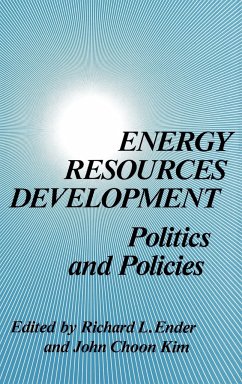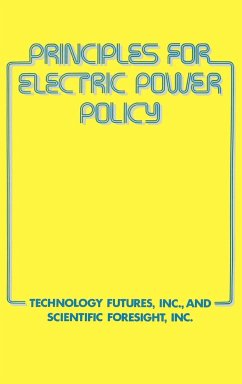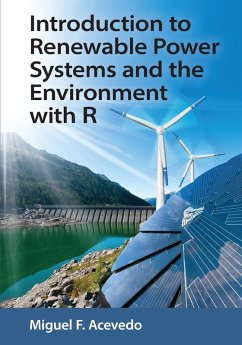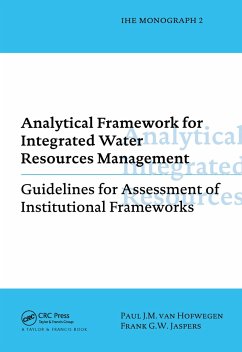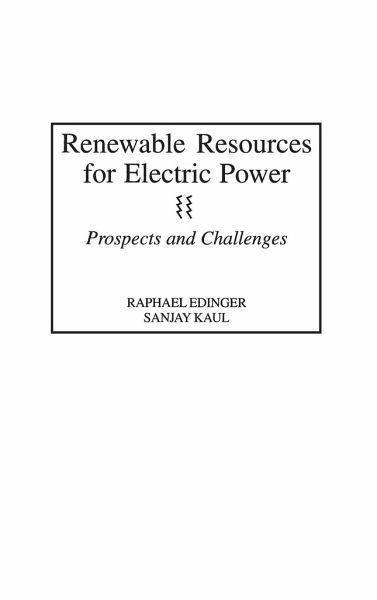
Renewable Resources for Electric Power
Prospects and Challenges
Versandkostenfrei!
Versandfertig in 1-2 Wochen
87,99 €
inkl. MwSt.

PAYBACK Punkte
44 °P sammeln!
The liberalization of U.S. and European electric power markets presents a critical challenge for renewable sources of energy. Edinger and Kaul survey the technological state-of-the-art and economic aspects of renewable electricity generation, and outline the role of other renewable sources, such as solar, wind, and micro-hydroelectric technologies. Offering an empirical and theoretical assessment of these technologies and their assets and liabilities, the book shows how it is possible to restructure our electric power systems and reorient them toward sustainable and environmentally friendly al...
The liberalization of U.S. and European electric power markets presents a critical challenge for renewable sources of energy. Edinger and Kaul survey the technological state-of-the-art and economic aspects of renewable electricity generation, and outline the role of other renewable sources, such as solar, wind, and micro-hydroelectric technologies. Offering an empirical and theoretical assessment of these technologies and their assets and liabilities, the book shows how it is possible to restructure our electric power systems and reorient them toward sustainable and environmentally friendly alternatives. International climate conferences such as those in Rio de Janeiro and Kyoto have proclaimed the need for environmentally hospitable technologies. A new electricity system, based on renewable resources and small-scale power technologies, is needed badly; their economics and other efficiencies over conventional central power generation with fossil fuels is clear. Edinger and Kaul assess the rewards and risks associated with renewable technologies and outline a feasible path toward a more environmentally friendly, and reasonable, use of limited natural resources and the global ecosystem. One promising approach for industrialized countries is the decentralization of our current public grid systems. This offers an opportunity for developing countries to leapfrog the stage of fossil fuel, held responsible now for environmental pollution, resource depletion and possibly global climate change. The authors present theoretical analyses and empirical evidence to buttress their contentions, mainly, that electric power systems founded on renewable resources are vital prerequisites if we are to achieve the United Nations' target of globally sustained development.




